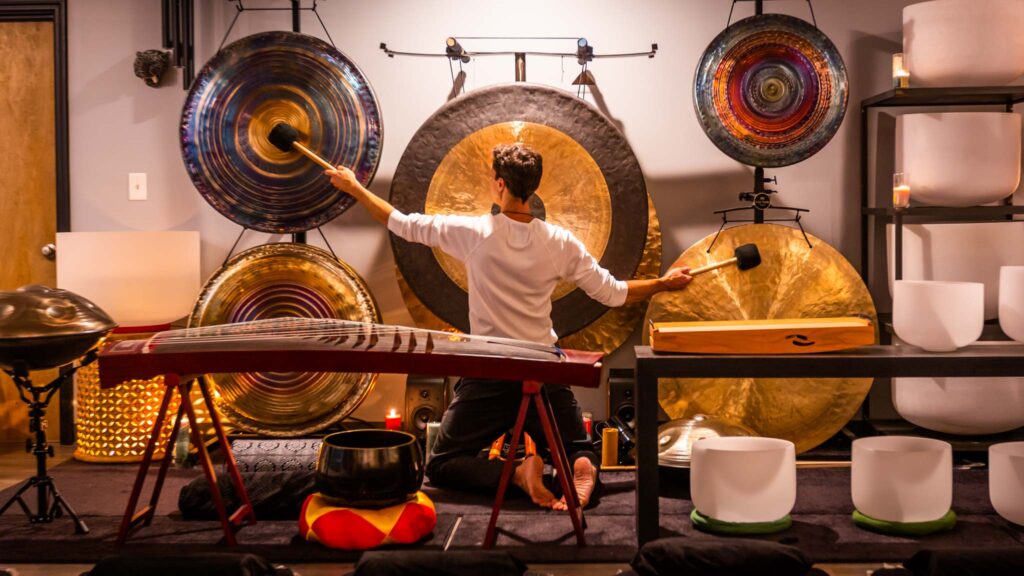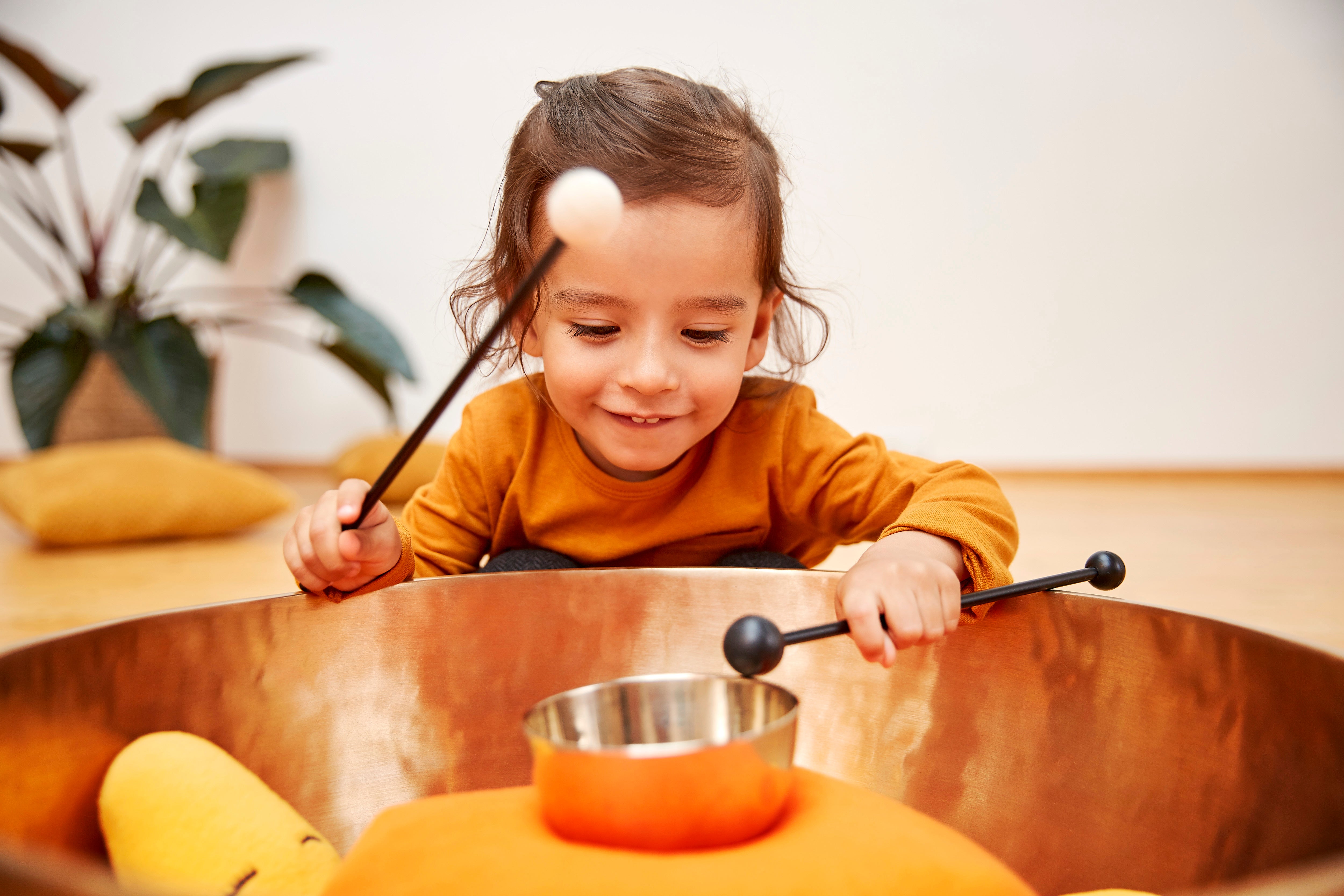
Revolutionizing Music Education: A Holistic Vision
Music is a profound manifestation of the human experience, interweaving emotions, intellect and culture. However, traditional music education often focuses on technical and theoretical aspects, neglecting the comprehensive wealth that music can offer. This is where the holistic approach It emerges as a revolutionary proposal, integrating mind, body and spirit in the musical learning process.
What is holistic music education?
Holistic music education is a methodology that considers the individual as a whole during musical learning. It is not limited to the acquisition of technical skills, but seeks to develop the emotional, cognitive, physical, and social aspects of the student. This approach recognizes that music is not just an isolated discipline, but an expression that connects multiple dimensions of human experience.
According to The Maestro OnlineHolistic music lessons educate the whole musician and person by incorporating pedagogy, emotional well-being, and techniques for managing stage fright, as well as integrating diverse musical styles and techniques.

Fundamental principles of holistic music education
-
Integration of mind, body and emotion: Inspired by pedagogues such as Émile Jacques-Dalcroze and Leonard Bernstein, this principle emphasizes that musical interpretation is an act that involves the whole being. By connecting intellectual understanding with emotional expression and physical response, students achieve a deeper connection with music, resulting in more authentic and meaningful performances. Cielito Arte
-
Interdisciplinary connections: Music is intertwined with various areas of knowledge, such as mathematics, history, literature, and science. By exploring these connections, students gain a broader, more contextualized understanding of music, enriching their learning and appreciation. This interdisciplinary approach reflects the idea that all human knowledge and creation are part of a whole without structures or limits. Redalyc
-
Personal and social development: Music is a cultural activity that encourages participation and social development. By engaging in musical experiences, individuals can improve their self-esteem, communication skills, and sense of belonging, contributing to their personal growth and strengthening community ties. Symphonia
-
Inclusion and cultural diversity: A holistic approach values and respects the diversity of musical traditions from different cultures. By incorporating a variety of musical styles and practices, a more inclusive education is promoted and students' global understanding is enriched. The legacy of Murray Schafer highlights the importance of recognizing and valuing the diversity of cultural practices surrounding sound and music. Soundscapes
Benefits of holistic music education
-
Cognitive and emotional growth: By integrating emotional and cognitive aspects, students develop greater emotional intelligence and critical thinking skills. Music, being intimately related to mathematics, emotions, and physics, offers an ideal context for understanding that all knowledge is part of a whole. Redalyc+1UCR Journals+1
-
Improving mental health and well-being: Practicing music in a holistic setting can be therapeutic, helping to reduce stress and anxiety. Programs that combine music education with practices such as yoga and music therapy have been shown to create balanced and peaceful environments, benefiting students' mental health. For example, Amanda Ramos, a professor of Music History, integrates music, yoga, and wellness into her teaching, promoting a balanced and peaceful environment for her students. Cadena SER
-
Promoting creativity and personal expression: By encouraging students to explore and create, their creative abilities are nurtured and they are given an avenue to express their unique identity. Holistic music education extends beyond the boundaries of musical disciplines and seeks to connect music with other areas of knowledge, fostering a broader and more creative outlook. TMEA
-
Preparing for a full and balanced life: Beyond developing competent musicians, this approach prepares individuals to face life with a balanced, resilient, and open perspective, applying the lessons learned in music to other areas of their lives.

Practical implementation in the classroom
To take a holistic approach to music education, educators can:
-
Encourage exploration and improvisation: Encourage students to experiment with different sounds, instruments, and styles, allowing them to discover their own musical voice.
-
Integrating movement and corporality: Use techniques that incorporate physical movement to internalize musical rhythms and structures, following methodologies such as Dalcroze.Cielito Arte
-
Promote reflection and dialogue: Create spaces where students can share their experiences and emotions related to music, facilitating a deeper and more personal understanding.
-
Connecting music with other disciplines: Design projects that integrate music with areas such as history, literature, and science, demonstrating the interconnectedness of knowledge.
-
Adapt teaching to individual needs: Recognize and respect each student's differences and learning pace, providing personalized support for their overall development.
Conclusion
Holistic music education represents a profound transformation in the way we conceive of learning sound. By embracing the totality of the human being and recognizing the interconnectedness of all
